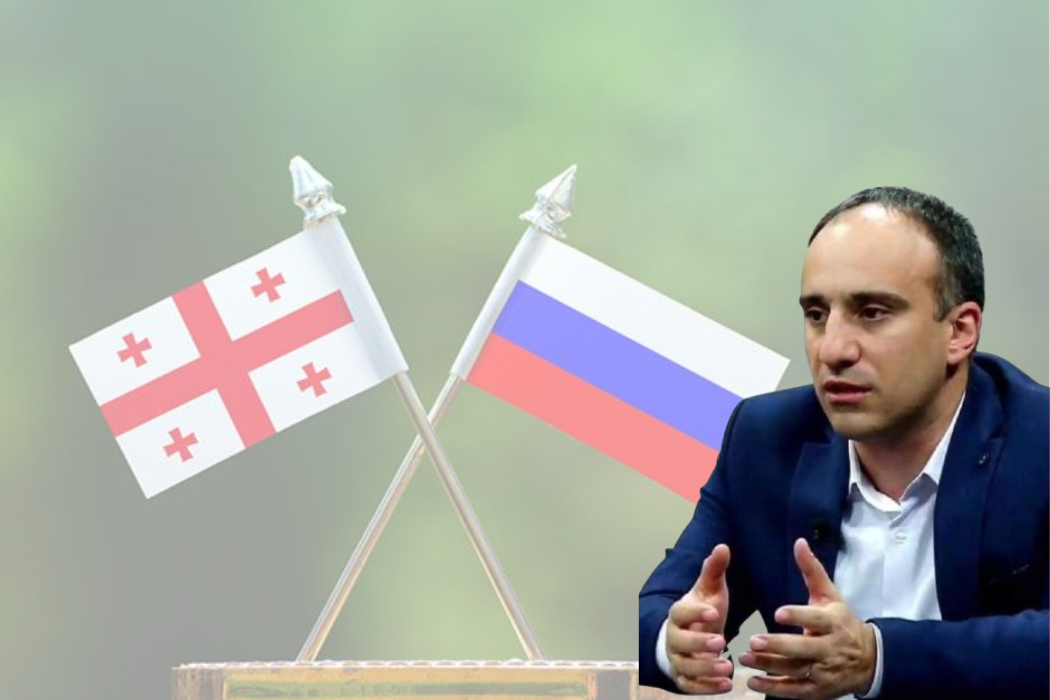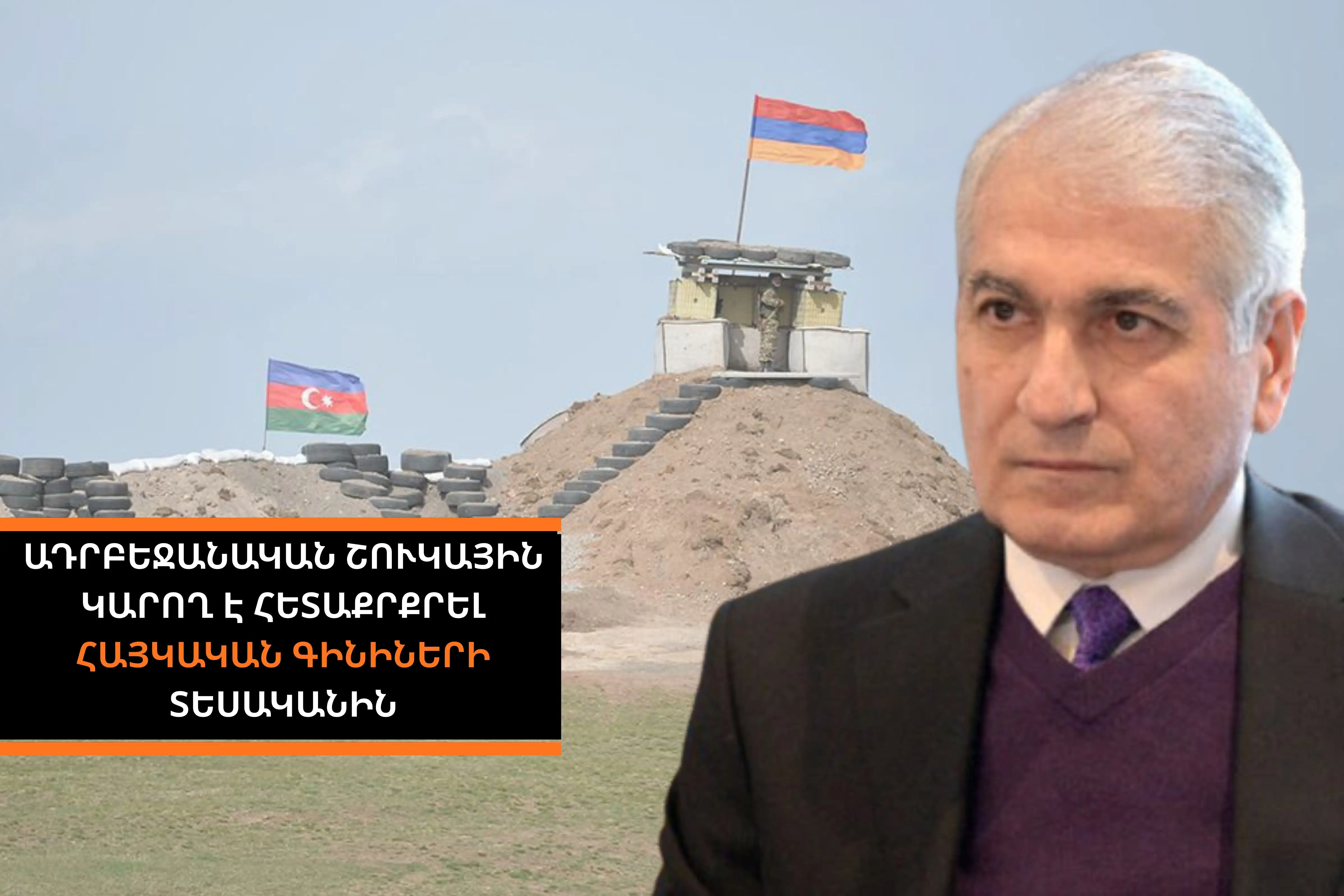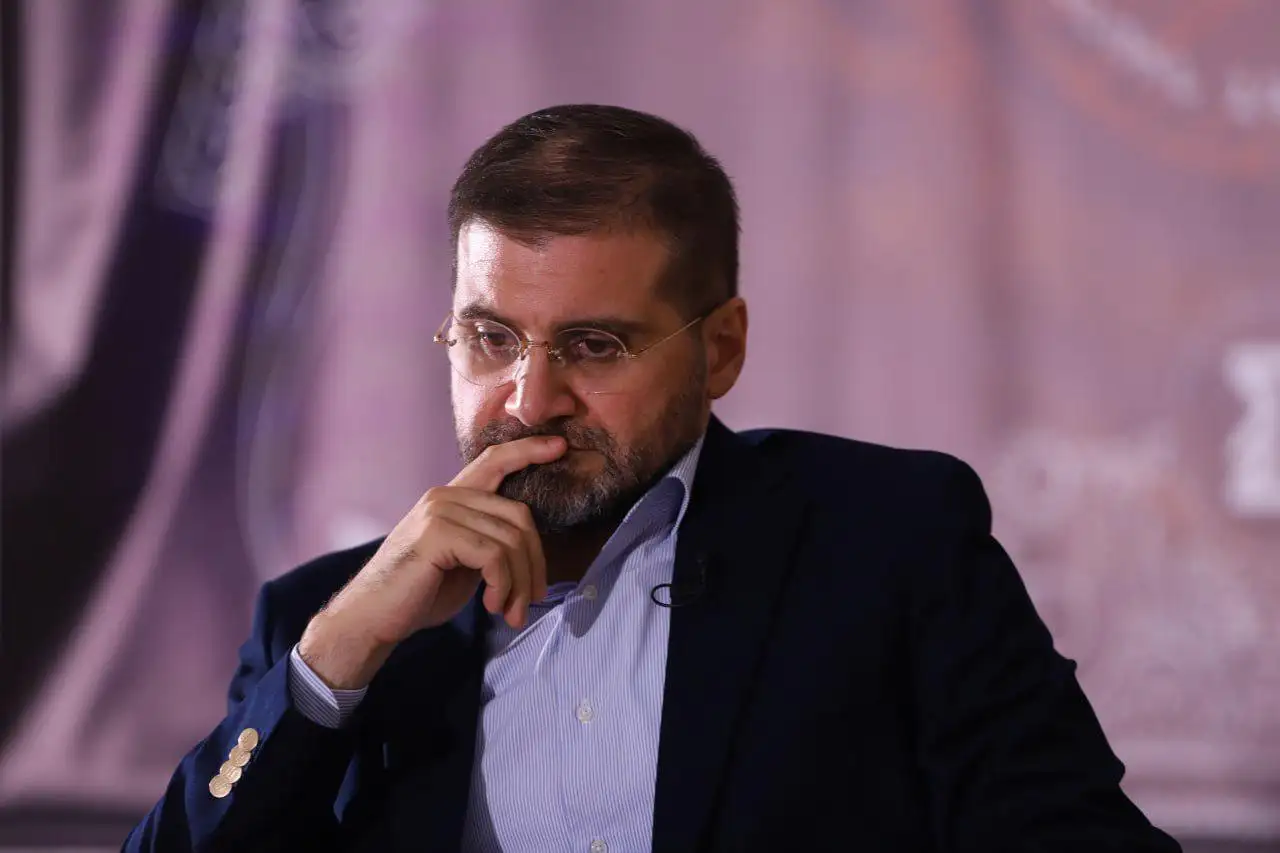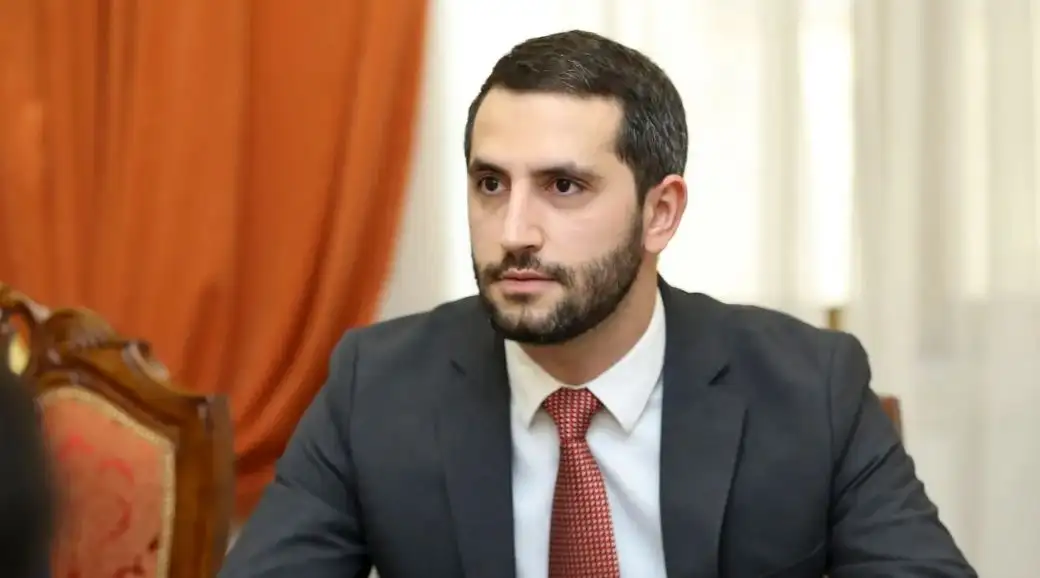Radar Armenia's interlocutor is political scientist Robert Ghevondyan.
-How would you assess Moscow's statement of readiness to fully normalize relations with Georgia, taking into account the current situation in the region?
-We need to look at it from a slightly broader perspective. It is clear that Armenia already faces significant problems, which Russia is unable to resolve. Issues have also arisen with Azerbaijan. Russia-Azerbaijan relations, to put it mildly, are not going through good times, and the only point in the region where Russia still has some leverage is Georgia, especially since the Georgian authorities have revealed the entire process they started by sending Ivanishvili to Georgia over the past 1-2 years.
Ivanishvili was a "slow-moving mine" for the Georgian political system, which was supposed to prevent Georgia's complete turn towards Europe by gradually gathering the system under its control and taking decisive action at the right moment, which Ivanishvili and his forces did brilliantly. At this moment, when the cards have already been opened, it is clear that the Russian and Georgian authorities are acting in synchrony with Russia to prevent the region from being completely removed from Russian influence. It is already possible to stop conducting any secret activities and declare that relations between Russia and Georgia are completely normalized, starting to become good-neighborly again. The only obstacle that can create problems is the Georgian people, but the lack of organization does not allow for an adequate response to the challenge.
-What role can pragmatic cooperation between Tbilisi and Moscow play, especially in the economic or strategic spheres?
-I will not be telling news if I note that Georgia is currently becoming the main obstacle to cooperation in the region and the West, since the Armenia-Turkey border is closed. Following today's events, the border may be reopened. Still, it will take a long time, and even years, until that border becomes so reliable, not only for Armenia and Turkey, but also for other partners, that it will be possible to include it in international integration projects. In this regard, the main direction of communication between our region, specifically the South Caucasus, and the West is Georgia, and by keeping that direction under its control, Russia will be able, at least temporarily, to prevent the development of cooperation between our region and the West.
- In your opinion, will there be a complete normalization in Russian-Georgian relations or not?
- First of all, let me note that there is one obstacle here: the Georgian people, the majority of whom are against pro-Russian policies and the country becoming the main obstacle in the region. I mentioned that there is a problem of organization, but it is a problem that can be solved. It cannot be solved from Armenia, but it can be solved from within Georgia. If healthy forces, new actors are found who will be able to consolidate this process and give it a logical course, then perhaps Russia will not be able to completely subjugate Georgia and blackmail other states in the region through it.


















